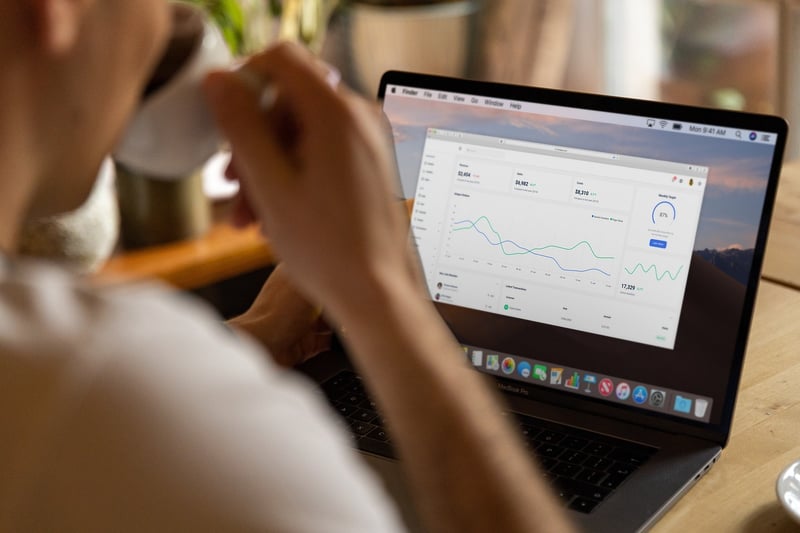Timing the Market
The Art of Smart Trading: Timing the Market
Trading in the financial markets can be both exciting and daunting. While there is no foolproof strategy for guaranteed success, incorporating smart trading practices can help improve your chances of making profitable trades. One crucial aspect of trading is timing the market, which involves buying and selling assets at the right time to maximize profits. Let's delve into some essential tips for mastering the art of timing the market.
Understanding Market Trends
Before diving into trading, it's essential to understand market trends. Markets are influenced by various factors such as economic indicators, geopolitical events, and investor sentiment. By analyzing these trends, you can identify potential opportunities and make informed trading decisions.
Technical Analysis
Technical analysis involves studying past market data, primarily price and volume, to forecast future price movements. By using charts and indicators, traders can identify patterns and trends that may help them predict the market direction. It's essential to learn the basics of technical analysis to make informed trading decisions.
Developing a Trading Strategy
Having a well-defined trading strategy is crucial for successful trading. Your strategy should outline your risk tolerance, profit targets, and entry/exit points. Whether you prefer day trading or swing trading, having a clear plan in place can help you navigate the market more effectively.
Monitoring Market News
Stay informed about market news and events that could impact asset prices. Breaking news, economic reports, and corporate announcements can all influence market movements. By staying updated, you can adjust your trading strategy accordingly and capitalize on opportunities as they arise.
Practice Risk Management
Risk management is a critical aspect of trading. It's essential to set stop-loss orders to limit potential losses and protect your capital. Additionally, avoid risking more than you can afford to lose on a single trade. By managing risk effectively, you can protect your portfolio from significant downturns.
Conclusion
Timing the market requires a combination of skill, knowledge, and discipline. By understanding market trends, utilizing technical analysis, developing a trading strategy, staying informed about market news, and practicing risk management, you can enhance your trading success. Remember that trading involves risks, and it's essential to conduct thorough research and continuously educate yourself to improve your trading skills.

Happy trading!
